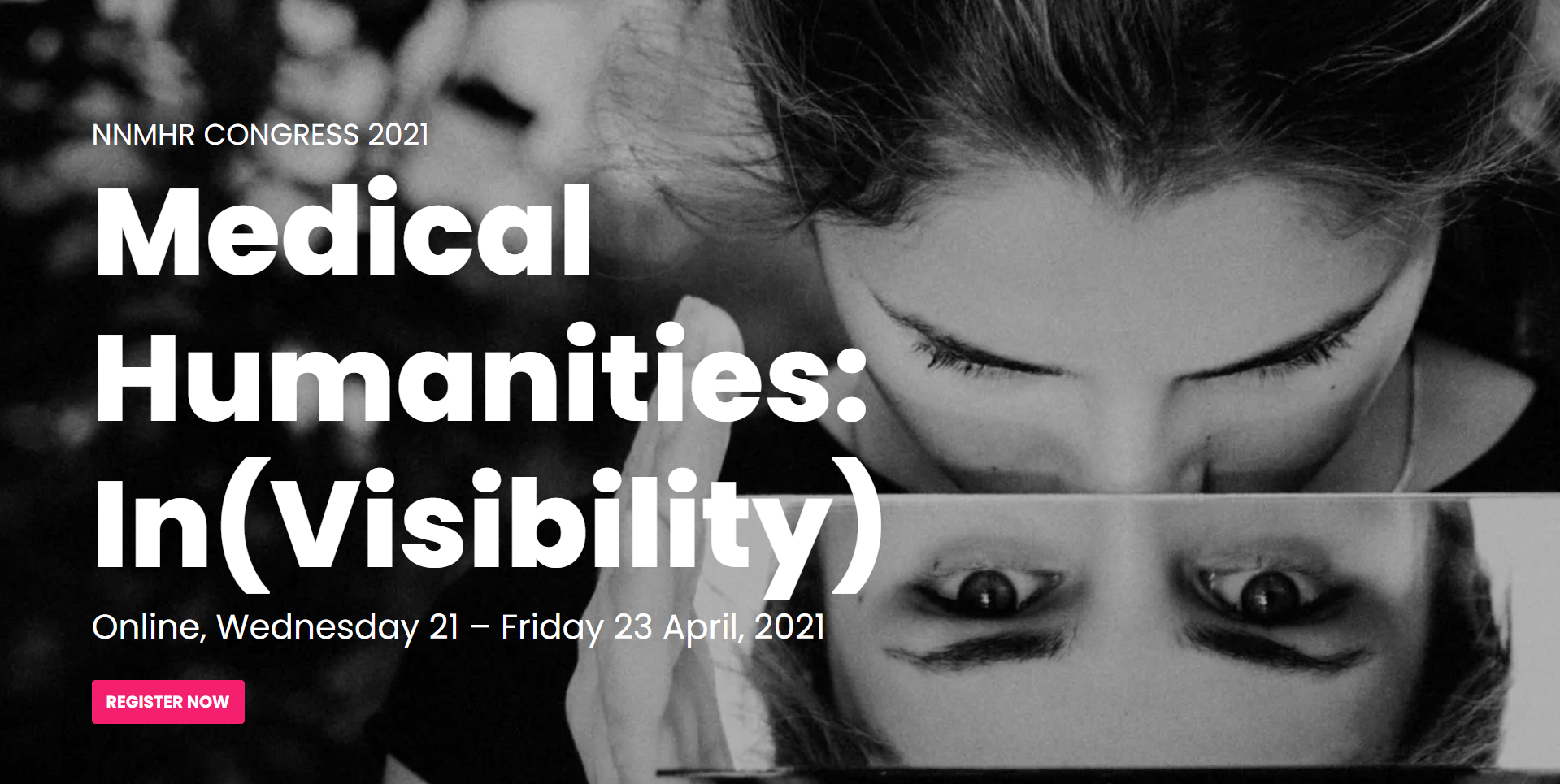itDf announces panel at NNMHR 4th Annual Congress
Kelly Armstrong
The itDf team is pleased to announce its participation in the 4th Annual NNMHR Congress. The 90 minute panel session “Technologies and (In)Visibility in Disability Futures” will take place on Friday 23rd April 2021 from 12.00 – 13.30.
The panel will showcase the current work of the project team as well as our plans for the future. Across 90 minutes we will interweave our research and explore issues that surround the (in)visibility of disability technologies through the multi-disciplinary approaches and formats that reflect our expertise and interests. Within a broad frame adapted from our three work packages we will focus on an interlinked set of topics. Ellie Wakeford, Stuart Murray, Amelia DeFalco and Luna Dolezal will discuss questions of technological absence/presence as they write embodiment in contemporary speculative fictions, with a particular concentration on surveillance, biotechnologies and waste, Robots and ectogenesis. Katie Brown and Graham Pullin will explore alternatives to contemporary assumptions that posit the ‘disappearance’ of future Augmentative and Alternative Communication, through brain-to-speech implants for example, in the context of co-constructed conversational interaction, the legibility of disability and disabled identities. Raymond Holt, Michael Szollosy and Tony Prescott will focus specifically on emerging technologies, including the role companion robots and haptics can play in developing disability experience.
NNMHR CONGRESS 2021 Medical Humanities: In(Visibility) runs April 21-23. For free access register via this link
More information about #NNMHR2021 can be found at: https://nnmhr2021.org/
Meet the team members who will be presenting at #NNMHR2021

Stuart Murray
@smurrayleeds
Principal Investigator of itDf. Professor of Contemporary Literatures and Film in the School of English and Director of the Leeds Centre for Medical Humanities University of Leeds. His research focuses on contemporary cultural depictions of disability and mental health, particularly in relation to technology, cultural theory and ideas of futurity.
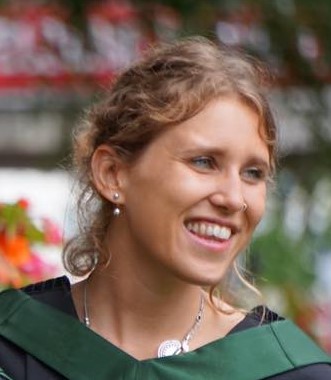
Ellie Wakeford
@elliewakeford2
PhD student in the School of English at the University of Leeds. Her work is concerned with investigating the boundaries of the body, its entanglements with organic and inorganic matter, and the impact this has on our ideas of personhood and what it means to be ‘human’.
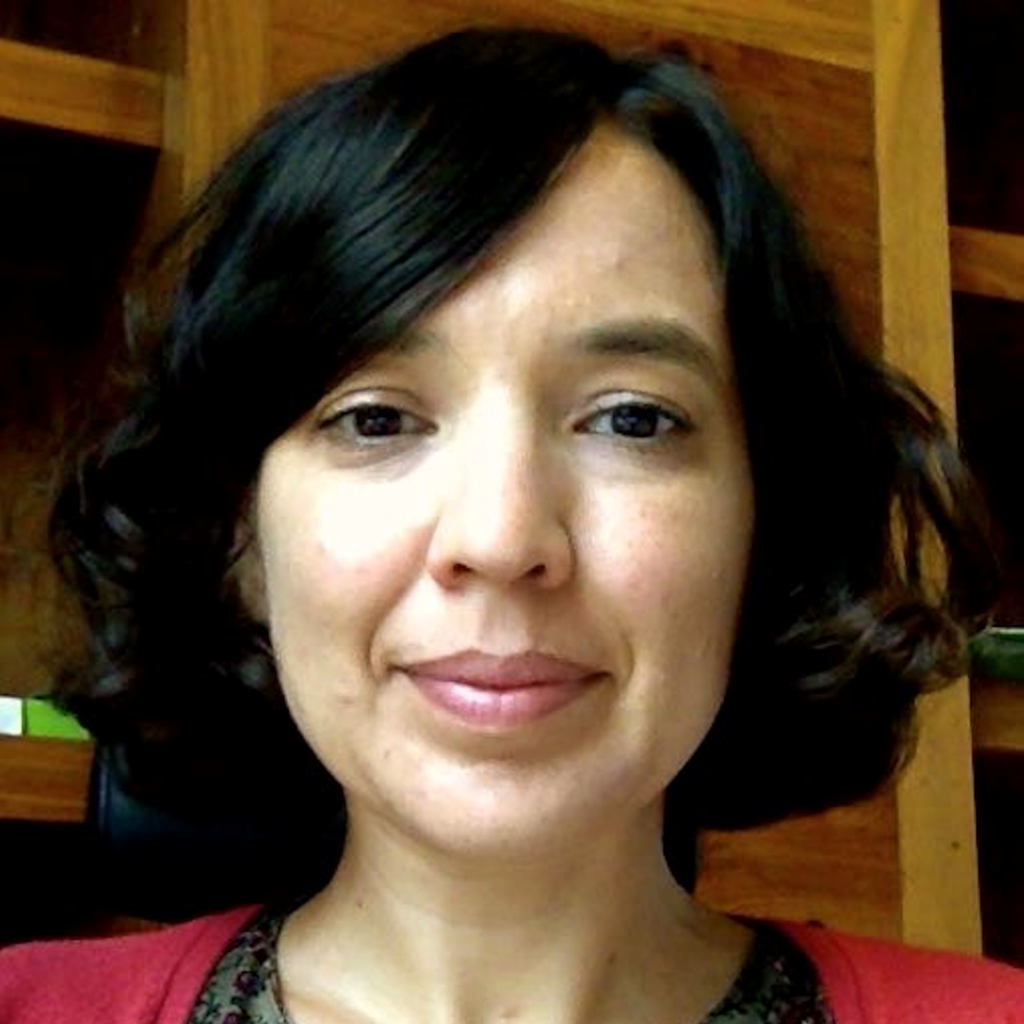
Luna Dolezal
@lunadolezal
Associate Professor in Philosophy and Medical Humanities at the University of Exeter. Her research is primarily in the areas of applied phenomenology, philosophy of embodiment, philosophy of medicine and medical humanities.
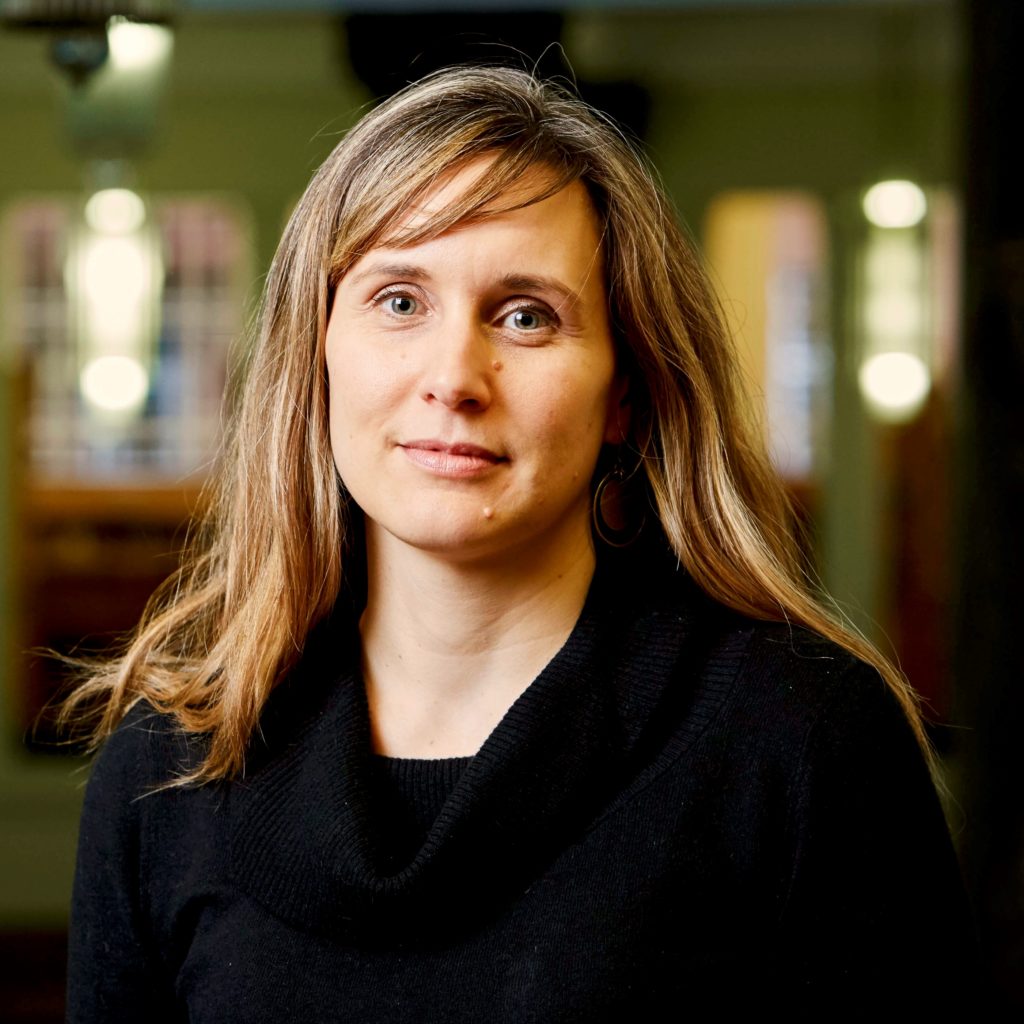
Amelia DeFalco
@AmeliaDefalco
Associate Professor of Medical Humanities in the School of English, University of Leeds. Her current research investigates representations of nonhuman care in literature, film, and television. Related to this research, she is PI of the AHRC Leadership Fellowship “Imagining Posthuman Care”
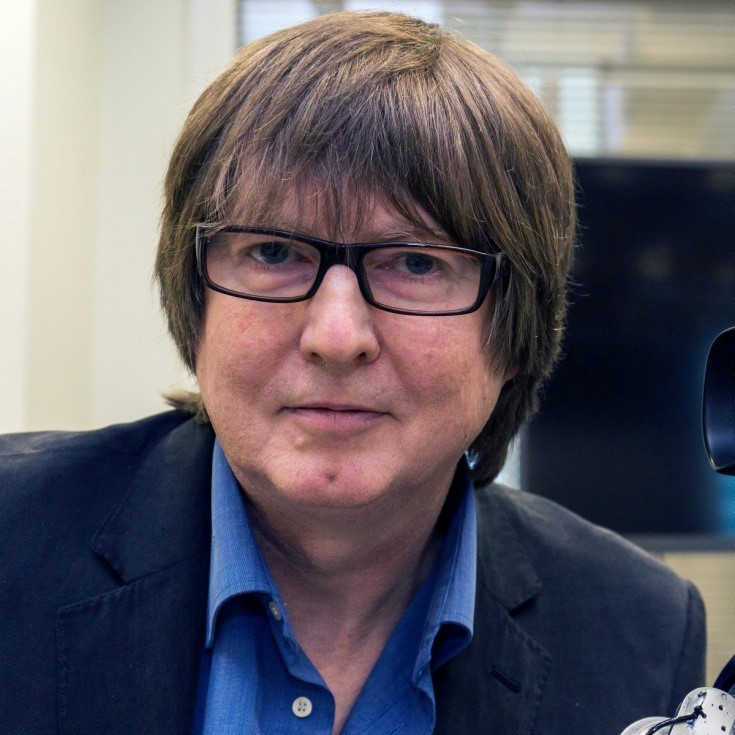
Tony Prescott
@tonyjprescott
Professor of Cognitive Robotics at the University of Sheffield, UK, and Director of Sheffield Robotics. He is also the co-creator of the award-winning animal-like robots Scratchbot, Shrewbot and MiRo. His background mixes psychology, philosophy and brain theory with robotics and artificial intelligence.
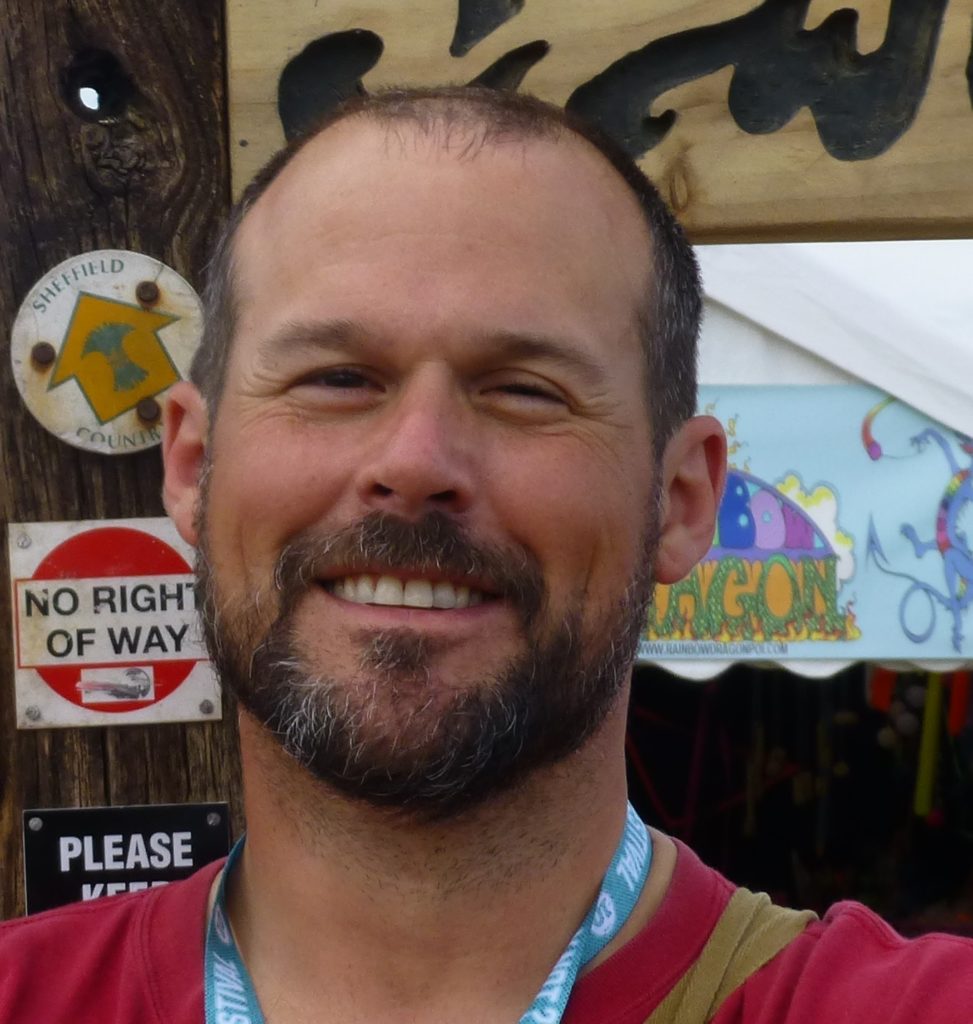
Michael Szollosy
@michaelszollosy
Research Fellow at the University of Sheffield, Department of Computer Science and Sheffield Robotics. His current research interests revolve around the social and cultural impacts of robotics, AI, and telepresence, ethics, and posthumanism.

Raymond Holt
@rayjholt
Lecturer in Product Design in the School of Mechanical Engineering, University of Leeds. His research focuses on technologies to support motor learning and rehabilitation in prehension, and assistive technologies to aid perception and navigation of the environment.
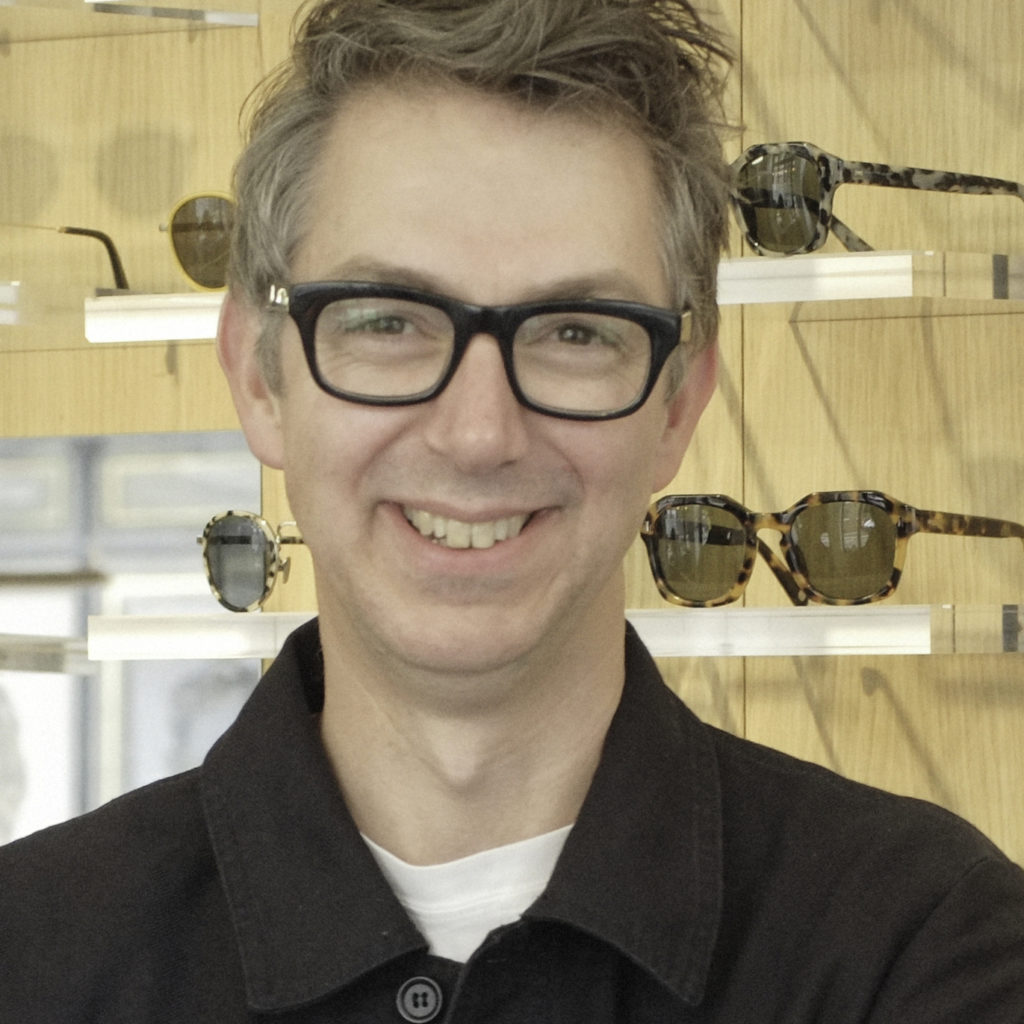
Graham Pullin
@grahampullin
Graham Pullin is a designer and author of the manifesto Design Meets Disability (The MIT Press, 2009). He is Professor of Design and Disability at DJCAD (College of Art and Design) at the University of Dundee, where he co-founded Studio Ordinary, a meeting of disability studies and design research, co-founded the Social Digital academic group and founded the Museum of Lost Interactions.
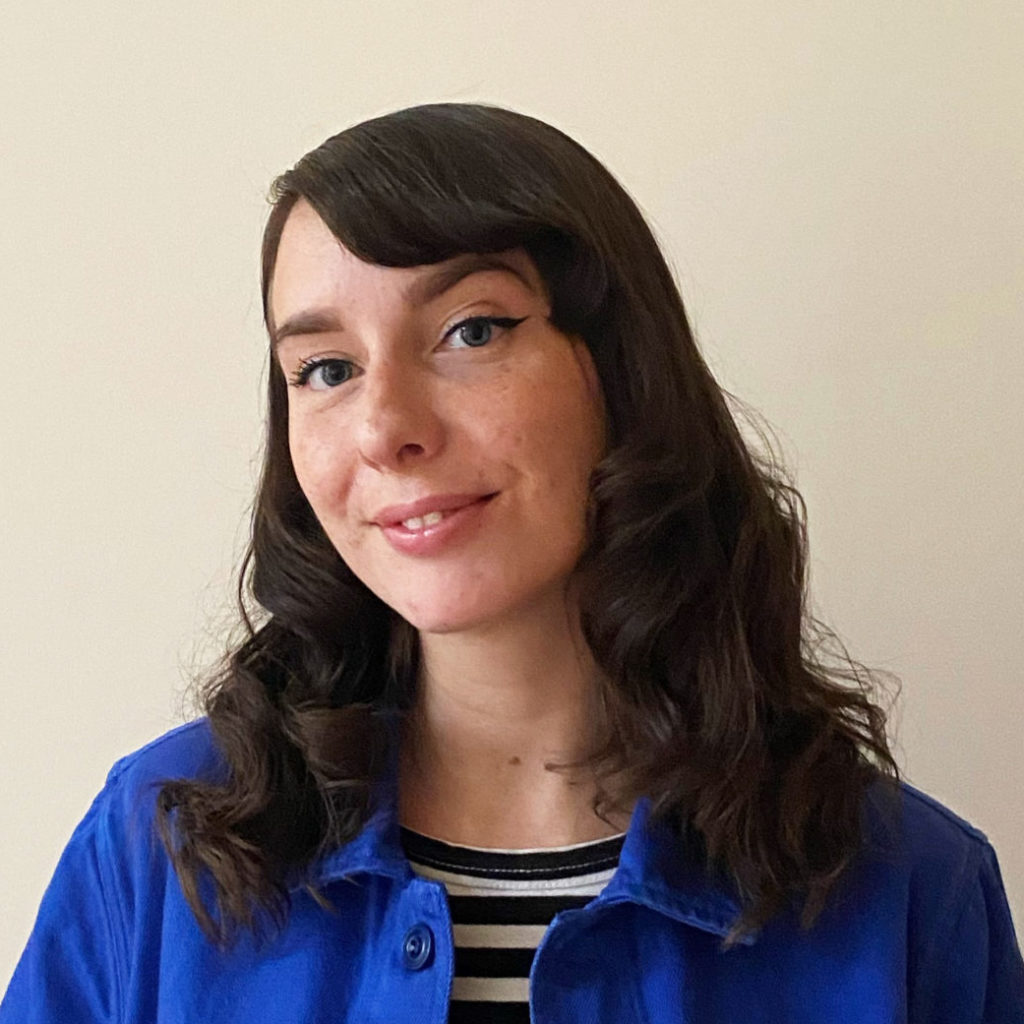
Katie Brown
@kbrownjewellery
Katie is a designer and research assistant based at DJCAD (College of Art and Design) at the University of Dundee. She is currently in her final year of her EPSRC funded PhD, provisionally titled “Exploring hearing aids and super normal design.”

